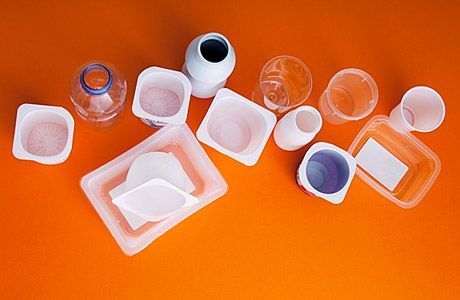
All iLive content is medically reviewed or fact checked to ensure as much factual accuracy as possible.
We have strict sourcing guidelines and only link to reputable media sites, academic research institutions and, whenever possible, medically peer reviewed studies. Note that the numbers in parentheses ([1], [2], etc.) are clickable links to these studies.
If you feel that any of our content is inaccurate, out-of-date, or otherwise questionable, please select it and press Ctrl + Enter.
Bisphenol-A is not dangerous to human health as previously thought
Last reviewed: 02.07.2025
Bisphenol-A, a compound found in household plastics, has long been recognized as dangerous to health. Both scientists and officials have called on manufacturers to stop adding this compound to their products, and on consumers to study the composition of the products they buy.
As previous studies have shown, this compound provokes the development of cancerous tumors, immune diseases, disrupts hormonal balance, etc.
But after lengthy debates, the European Food Safety Authority came to the conclusion that bisphenol-A is not at all dangerous to human life and health. Now, agency representatives say that plastic products containing this compound can be used without fear.
The official statement from the Food Control Agency says that the concentration of bisphenol-A in household plastics is not dangerous to health at all, and such products can be used even during pregnancy, without affecting the development of the fetus. Only high doses of bisphenol-A that enter the human body are dangerous. Previously, it was believed that a person could consume up to 50 mcg of bisphenol-A per 1 kg of weight per day without harm to health, but now scientists have changed this figure to 4 mcg.
It is worth noting that bisphenol-A is used by manufacturers as a hardener in the manufacture of plastic products. But recently, questions have been raised more often about the high carcinogenicity of the compound, which has been confirmed by several studies. Due to the fact that bisphenol-A has a structural similarity to the sex hormone estrogen, it disrupts endocrine function, which, in turn, leads to the development of hormone-dependent cancer.

Recently, scientists at the University of Calgary Research Center found that bisphenol-A can be the cause of hyperactivity. The scientists conducted their experiments on zebrafish.
Some manufacturers have replaced the dangerous compound in their products with bisphenol-S, which allows them to label their products as “BPA Free,” but both compounds have been shown to cause changes in the brain that cause hyperactivity.
In their research, the experts used zebrafish, since they have genes similar to those of humans (about 80%). In the experiment, the specialists studied the effect of a minimal dose of a dangerous compound contained in drinking water on the fish's body (it is worth noting that it is impossible to purify water from such compounds).
As a result, the specialists found that the water provoked negative changes in the brain. Bisphenol-S changed the formation of neurons in the fish brain, the number of neurons increased by 240%, which caused increased excitability and activity, and also formed atypical brain circuits.

 [
[